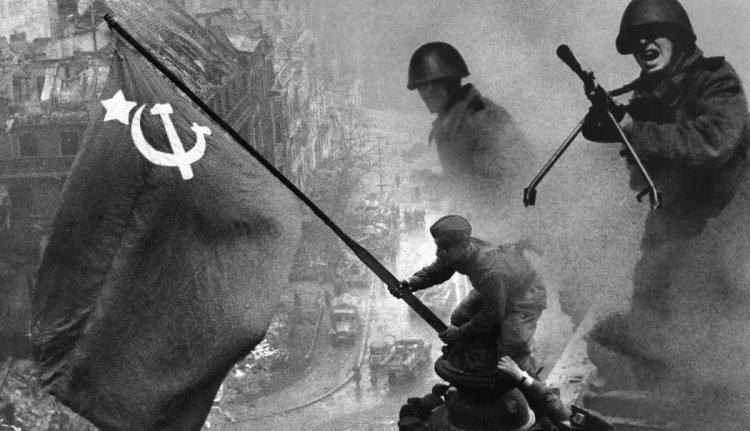World War II: Unraveling the Complex Tapestry of a Global Conflict

World War II stands as one of the most significant and devastating conflicts in human history. Spanning from 1939 to 1945, it engulfed nations across the globe, reshaping political landscapes and leaving an indelible mark on the world. In this extensive essay, we will delve into the history of World War II, exploring its origins, key events, major players, and lasting impacts, shedding light on the complex tapestry of this global conflict.
I. The Seeds of Conflict
To understand the outbreak of World War II, one must look back to the aftermath of World War I. The harsh terms imposed on Germany through the Treaty of Versailles, along with economic turmoil and political instability, created a fertile ground for the rise of Adolf Hitler and his Nazi Party. In 1933, Hitler assumed power in Germany, and his expansionist ambitions soon began to manifest.
II. The Road to War
-
Expansionist Policies: Hitler's territorial ambitions included the reoccupation of the Rhineland, annexation of Austria (Anschluss), and demands for the Sudetenland in Czechoslovakia. His aggressive expansionism culminated in the signing of the Molotov-Ribbentrop Pact with the Soviet Union in 1939, paving the way for further aggression.
-
Invasion of Poland: On September 1, 1939, Germany invaded Poland, prompting Britain and France to declare war on Germany. This marked the official start of World War II.
III. The Global Conflict Unfolds
-
The European Theater: World War II in Europe witnessed a series of major battles and campaigns, including the Battle of Britain, the Blitz, the Holocaust, and Operation Barbarossa, when Germany invaded the Soviet Union. The Eastern Front became a brutal and decisive theater of conflict.
-
The Pacific Theater: Simultaneously, in the Pacific, Japan had embarked on a campaign of territorial expansion, leading to the attack on Pearl Harbor on December 7, 1941. The United States officially entered the war, sparking intense battles like the Battle of Midway and Guadalcanal.
-
Key Turning Points: Events such as the Battle of Stalingrad, the D-Day landings in Normandy, and the dropping of atomic bombs on Hiroshima and Nagasaki played pivotal roles in shaping the course of the war.
IV. The Allies and Axis Powers
-
The Allies: The Allies were a coalition of nations united against the Axis Powers. The "Big Three" leaders included Franklin D. Roosevelt (United States), Winston Churchill (United Kingdom), and Joseph Stalin (Soviet Union). Other significant contributors were China, France, and Australia.
-
The Axis Powers: Led by Adolf Hitler (Germany), Benito Mussolini (Italy), and Emperor Hirohito (Japan), the Axis Powers aimed to establish a new world order. Their alliance crumbled as the tide of war turned against them.
V. The Aftermath
-
Liberation and Reconciliation: The Allied forces liberated concentration camps and occupied territories, leading to the Nuremberg Trials to hold Nazi leaders accountable for war crimes. Efforts towards reconciliation and rebuilding began through the Marshall Plan and the United Nations.
-
Cold War Tensions: The ideological divide between the United States and the Soviet Union emerged as a new geopolitical challenge, giving rise to the Cold War.
VI. Lasting Impacts
-
Redefining Borders: World War II reshaped national borders, resulting in the division of Germany and the establishment of new nations, including Israel.
-
Humanitarian and Societal Consequences: The war left an immeasurable human toll, with millions of lives lost and countless more affected by physical and psychological scars.
-
Technological Advancements: World War II drove significant advancements in technology, including radar, jet engines, and the development of the atomic bomb.
Conclusion
World War II was a cataclysmic event that reshaped the world in profound ways. Its origins in the aftermath of World War I, the rise of totalitarian regimes, and the complex interactions of nations demonstrate the intricate web of factors that led to this global conflict. The war's devastating impact on human lives and societies, along with its enduring geopolitical consequences, remind us of the importance of understanding history to avoid repeating its darkest chapters. World War II remains a critical chapter in the annals of human history, a stark reminder of the consequences of unchecked aggression and intolerance. -DJACIDFX
What's Your Reaction?
















